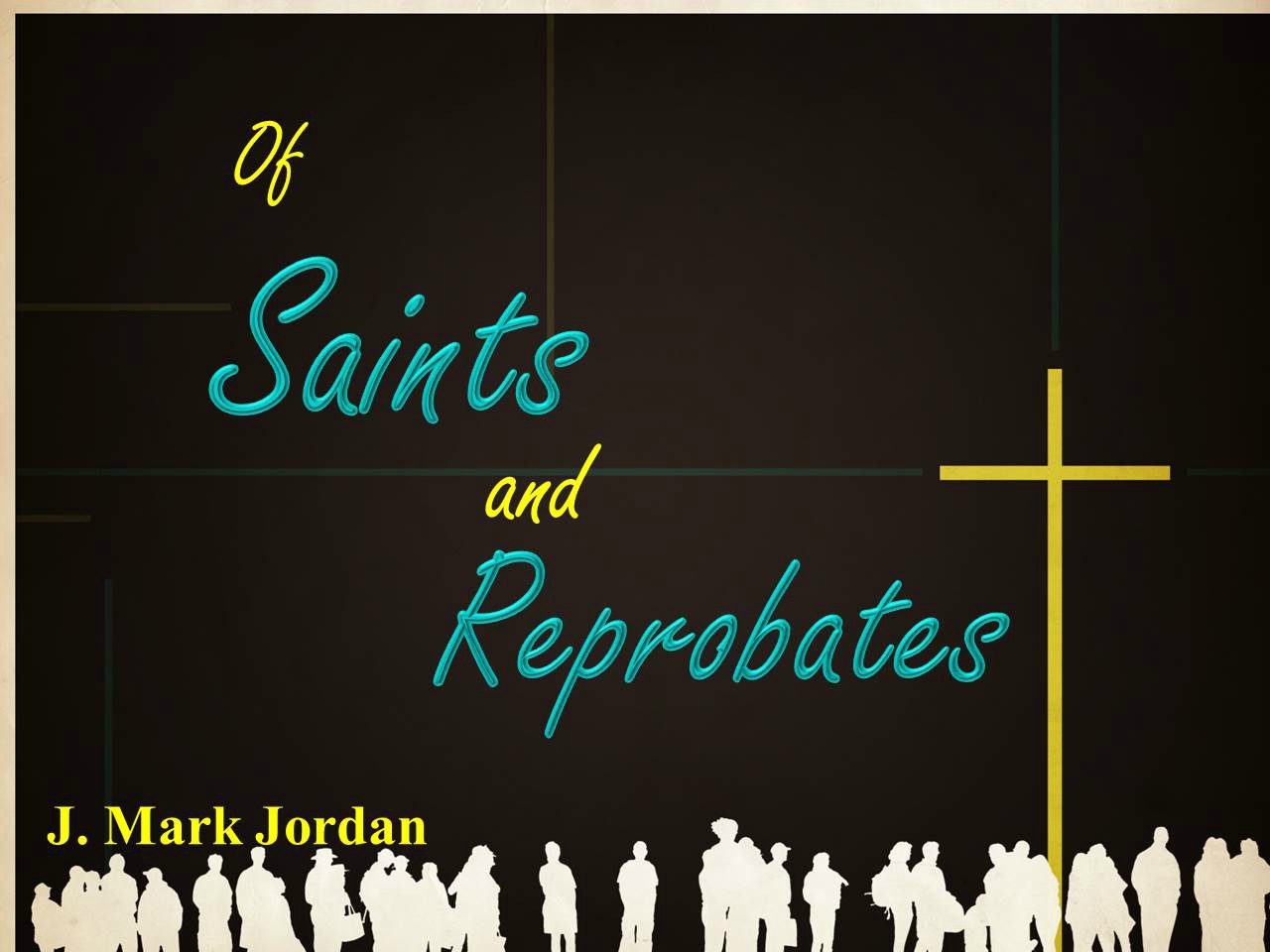In my ministerial career and my time as an official, I have been forced to deal with all of the above. Other than the foregoing paragraphs, I have no pearls of wisdom to offer so a leader can succeed every time. I thank God, however, that the saints always outnumber the reprobates! For every troublemaker, ten saints step forward to provide support and stability in the midst of it all. Here are the subdivisions of saints.

By J. Mark Jordan
To View the Entire Article, Click Here
To Download the Entire Article Directly to Your Computer, Click Here
To View the Outline, Click Here
To View the PowerPoint, Click Here
And love unto all the saints . . . (Ephesians 1:15) . . . men of corrupt minds, reprobate concerning the faith (II Timothy 3:8).
A mystifying maze of people problems confronts ministers on a daily basis. Why is it that among any given group, some people emerge as genuine gifts of God to the ministry, while others, in the same group, delight in causing pastoral breakdowns? How does the identical environment produce people at opposite ends of the spectrum? Do we unwittingly create these personalities or do we simply inherit them? And regardless of how they end up in our sheepfold, do we comprehend them, cope with them, or just categorize them? Every leader in the kingdom of God tries to make some sense of it all.
Broadly speaking, people fall into two categories: saints and reprobates. A saint typifies the ideal characteristics of virtue, honor, and holiness. The term “reprobate,” however, describes people who have no spiritual value. They are the dross or the castaways of Scripture who fail every test of discipleship. We can further divide these groups into subgroups or classes. I’ll start with the reprobate category first, so we can get the negative nastiness behind us.
The Reprobates
The Ignorant. The term “reprobate” may be too severe for this person, but everybody starts somewhere. The Bible regards this person as simple, unlearned, and untaught. Peter called them “babes.” “As newborn babes, desire the sincere milk of the word, that ye may grow thereby” (I Peter 2:2). The ignorant person simply has little or no knowledge of true right and wrong. He most likely grew up in a moral vacuum without the benefit of training in conscience or rudimentary Bible knowledge. He needs rigorous teaching to fill in his knowledge gaps. Most of the immoral deeds he does stem from a profound ignorance of truth. I hold high hopes for this person. If he responds positively to solid teaching, he may redefine his life and become an asset to the kingdom.
The Problem. Many individuals have an adequate knowledge of good and evil and can probably quote numerous verses of Scripture, but they willfully disobey the clear mandates of the Word of God and even rebel against their spiritual authority. Sometimes they simply struggle with a weak character or they can be easily influenced by the wrong people. Others require high maintenance in order to do right, and when they don’t get it, they bog down in their own personal quagmire. These types can drive a pastor to distraction, not so much by dissension but by disobedience. Frequent visits to the office never seem to change their bad habits. Usually, they don’t cause problems; they are problems. As a pastor, I try to lift them as high as I can, but if they refuse to grow, I do not allow them to interfere with my ministerial duties to the entire church.
The Rebel. This person creates serious difficulties for all pastors and churches. Like the problem person, he too has acquired a measure of skill in scriptural use and also resists any pastoral authority over him. His treachery, however, lies in his desire to wield influence over other people. He is not content simply to go his own contrary way. He stirs up other people and poisons them with his rebellion as well.
To View the Entire Article, Click Here
To Download the Entire Article Directly to Your Computer, Click Here
To View the Outline, Click Here



